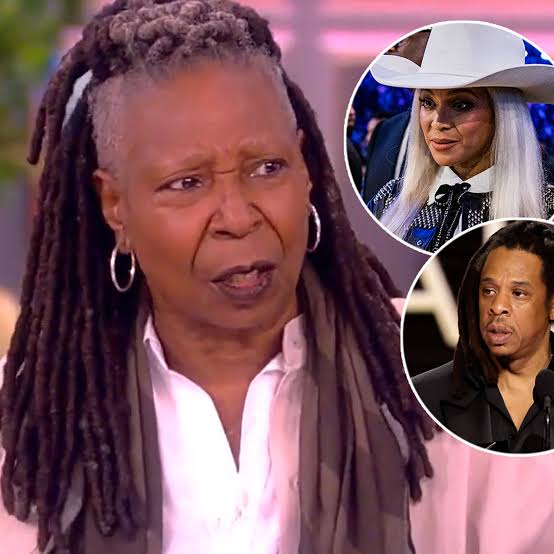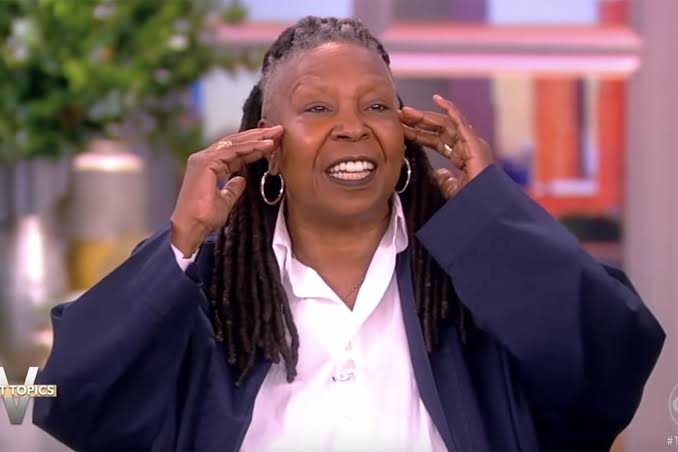Whoopi Goldberg has weighed in on the apparent snub of Beyoncé’s Cowboy Carter by the Country Music Association (CMA) Awards, and her stance might surprise some. During a recent episode of The View, Goldberg addressed the growing chatter among fans who felt that the CMA Awards overlooked the impact of Beyoncé’s country-inspired work. Rather than agreeing with the outrage, Goldberg suggested that Cowboy Carter wasn’t meant for the CMA Awards, saying, “It wasn’t for them.” Her remarks have sparked a fresh wave of discussion about the intersection of genres and who gets recognized in country music.
Beyoncé’s Cowboy Carter has been hailed for blending country elements with her signature style, offering a unique contribution to the genre. However, when the CMA Awards failed to give it any recognition, many of her fans were vocal in their disappointment. Social media was flooded with comments calling out the perceived snub, with some arguing that Beyoncé’s work was unjustly overlooked due to the rigid boundaries of the genre. Goldberg, however, took a different stance, arguing that the album’s message and artistic expression may have been beyond the traditional scope of the CMA Awards.
Goldberg went on to explain that Beyoncé’s influence transcends any single genre, and sometimes, it’s not about being recognized by every institution. “Just because it’s country-inspired doesn’t mean it has to be recognized by the country music community,” Goldberg said. “Beyoncé’s doing something bigger, something more inclusive, and sometimes, certain spaces just aren’t the right fit.” Her words resonated with many, particularly those who feel that Beyoncé’s cultural impact often reaches far beyond conventional award shows and their categories.
While some fans may still feel Beyoncé deserved more recognition, Goldberg’s perspective highlights a broader conversation about artistic boundaries and recognition. For Goldberg, the absence of an award is not necessarily a reflection of the album’s value. Instead, it’s a reminder that not every piece of art needs validation from every platform. As the debate continues, Goldberg’s words have added a layer of depth to the ongoing dialogue about genre, recognition, and who truly owns the right to define great music.
















